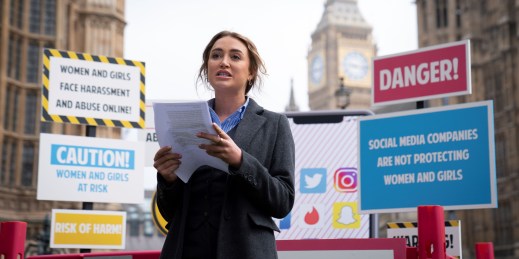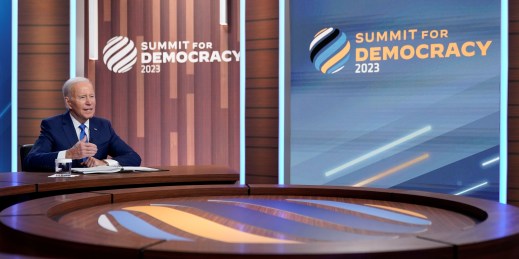
South African President Cyril Ramaphosa created confusion about the country’s relationship with the International Criminal Court when he suggested that Pretoria would withdraw from the court. But the larger debate about the ICC’s relationship with Africans is the prism through which Ramaphosa’s remarks must be viewed.








